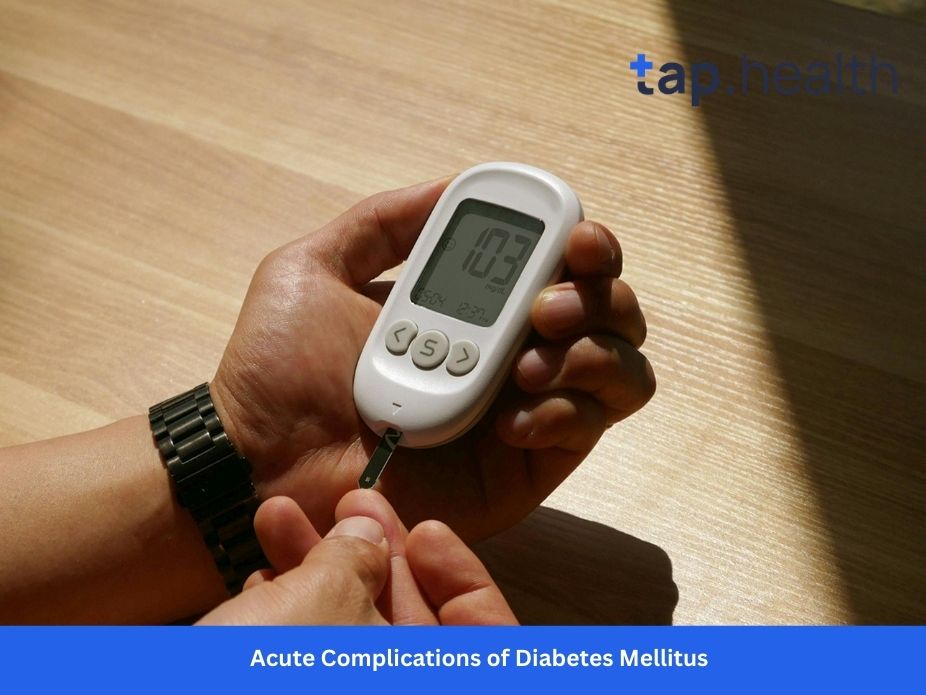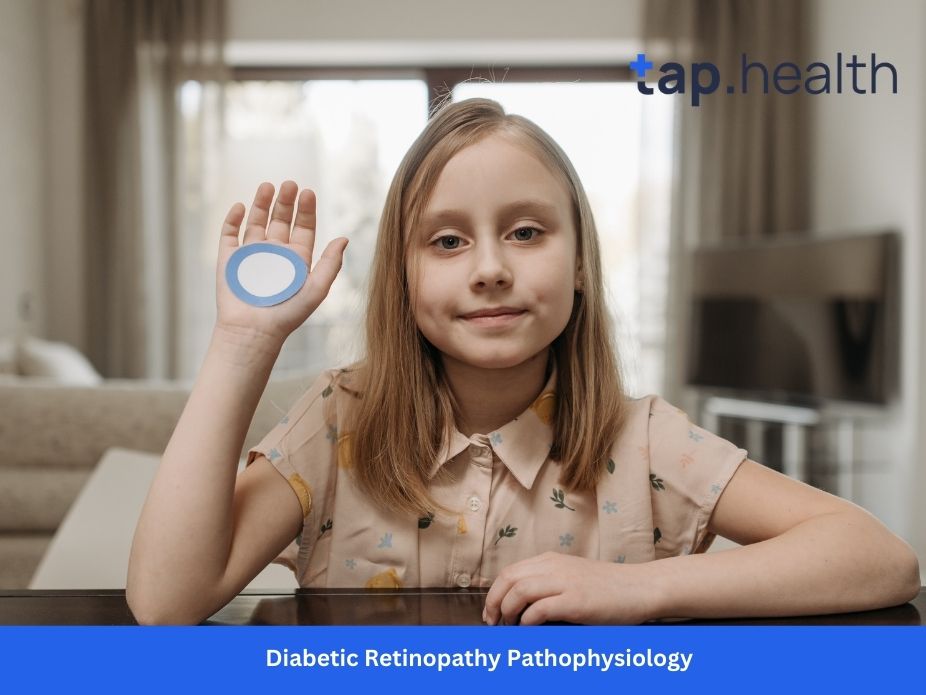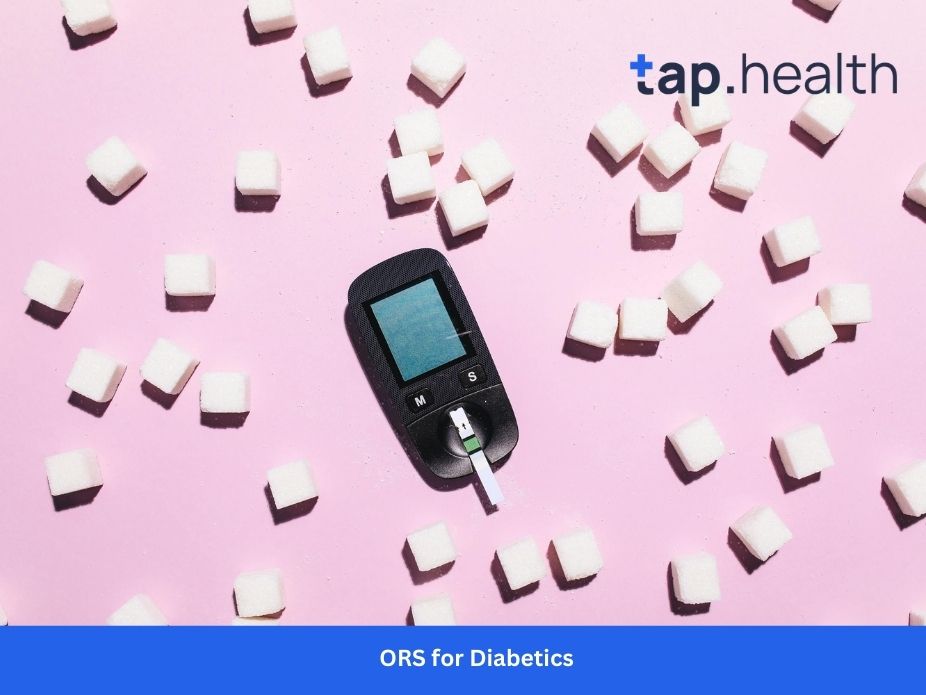Self-medication is a common practice for managing minor health issues like headaches, colds, or digestive discomfort. While it offers convenience and cost savings, it also comes with risks that require careful consideration. This blog explores what self-medication entails, its advantages, potential dangers, commonly used over-the-counter (OTC) medications, and when it’s critical to consult a healthcare professional.
What Is Self-Medication?
Understanding Self-Medication
Self-medication refers to treating minor health conditions without consulting a healthcare provider, typically using OTC medications, home remedies, or herbal supplements. It’s often chosen for its convenience, affordability, or due to limited access to medical services. However, self-medication can lead to risks like misdiagnosis or harmful drug interactions if not approached cautiously.
Why Is Self-Medication Popular?
The rise of online pharmacies and health information websites has made self-medication more prevalent. People can research symptoms, find medication recommendations, and purchase drugs without a prescription. While this autonomy is appealing, it’s vital to balance convenience with safety by seeking professional advice when needed.
What Are the Benefits of Self-Medication?
Convenience and Accessibility
OTC medications are widely available at pharmacies, grocery stores, and online platforms, allowing quick relief for minor ailments like colds or aches. This accessibility is especially helpful for those with busy schedules or limited access to healthcare facilities, enabling treatment outside regular clinic hours.
Cost-Effectiveness
Self-medication is often more affordable than prescription drugs or doctor visits. For individuals without comprehensive insurance, OTC options can save money. By addressing minor issues early, self-medication may also prevent costly medical interventions later.
Empowerment and Health Literacy
Managing minor health issues independently fosters a sense of control and encourages individuals to learn about their health. This increased awareness can lead to better preventive care and informed decision-making, improving long-term health outcomes.
What Are the Risks of Self-Medication?
Misdiagnosis and Incorrect Dosage
Without professional guidance, individuals may misinterpret symptoms or choose inappropriate medications, leading to ineffective treatment or adverse effects. Incorrect dosages can exacerbate health issues or cause new complications.
Drug Interactions and Side Effects
OTC drugs can interact with prescription medications, leading to harmful effects. Some individuals may also experience side effects or allergic reactions they’re unaware of, increasing health risks.
Risk of Addiction and Overuse
Prolonged or improper use of certain OTC drugs, like pain relievers, can lead to dependency or addiction. Overuse may also mask underlying conditions, delaying proper diagnosis and treatment.
What Precautions Should You Take When Self-Medicating?
Follow Medication Instructions
Always read and follow the dosage instructions on OTC medications. If you’re unsure about a drug’s suitability, consult a pharmacist for guidance.
Avoid Self-Diagnosis for Serious Conditions
Self-medication is appropriate for minor ailments but should never replace professional diagnosis for persistent or severe symptoms. Online resources can be misleading, so rely on qualified healthcare providers for accurate assessments.
Special Considerations for Pregnancy and Breastfeeding
Certain medications can harm a developing fetus or pass through breast milk. Pregnant or breastfeeding individuals should consult a healthcare professional before taking any medication to ensure safety.
What Are Common Over-the-Counter Medications?
Pain Relievers and Anti-Inflammatory Drugs
Pain relievers like acetaminophen (Tylenol), ibuprofen, and aspirin are widely used for headaches, muscle pain, or mild injuries. Acetaminophen reduces pain and fever, while ibuprofen and aspirin, both NSAIDs, also address inflammation. Aspirin may be used for heart health due to its blood-thinning properties.
Cold and Allergy Medications
Antihistamines (e.g., loratadine, cetirizine) relieve allergy symptoms like sneezing or watery eyes by blocking histamine. Decongestants (e.g., pseudoephedrine) reduce nasal congestion, while cough syrups with dextromethorphan or guaifenesin help manage coughing or mucus.
Digestive Aids and Antacids
Antacids (e.g., Tums, Rolaids) neutralize stomach acid for quick relief from heartburn or indigestion. Proton pump inhibitors like omeprazole reduce acid production for more severe cases, while digestive enzymes (e.g., amylase, lipase) aid digestion in conditions like pancreatic insufficiency.
When Should You Seek Professional Help?
Persistent or Worsening Symptoms
If symptoms persist, worsen, or are severe, consult a healthcare provider immediately. Self-medication is unsuitable for complex or chronic conditions requiring professional diagnosis and treatment.
Mental Health Concerns
Issues like depression or anxiety require specialized care from mental health professionals. Self-medication can be dangerous and ineffective for psychological conditions, so seek therapy or counseling for proper management.
Severe Physical Trauma
Sudden injuries like fractures, deep cuts, or head trauma demand immediate medical attention. Delaying treatment can lead to complications, so prioritize professional care in these cases.
How to Practice Safe Self-Medication
To ensure safe self-medication:
- Verify Symptoms: Ensure the condition is minor and suitable for OTC treatment.
- Check Drug Interactions: Consult a pharmacist if you’re taking other medications.
- Limit Duration: Use OTC drugs for short-term relief and seek help if symptoms persist.
- Stay Informed: Educate yourself about the medications you use, including potential side effects.
By combining caution with knowledge, self-medication can be a practical tool for managing minor ailments while prioritizing your health.
Conclusion
Self-medication offers a convenient, cost-effective way to manage minor health issues like headaches, colds, or indigestion. However, it requires careful consideration to avoid risks like misdiagnosis, drug interactions, or overuse. By understanding the benefits and limitations of self-medication, using OTC medications responsibly, and seeking professional help when necessary, you can maintain control over your health while ensuring safety. Always prioritize professional guidance for persistent, severe, or complex conditions to safeguard your well-being.



